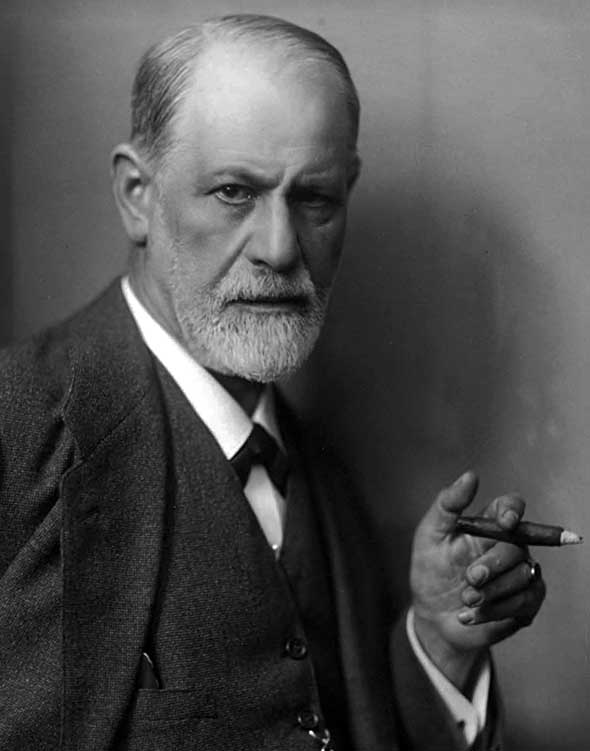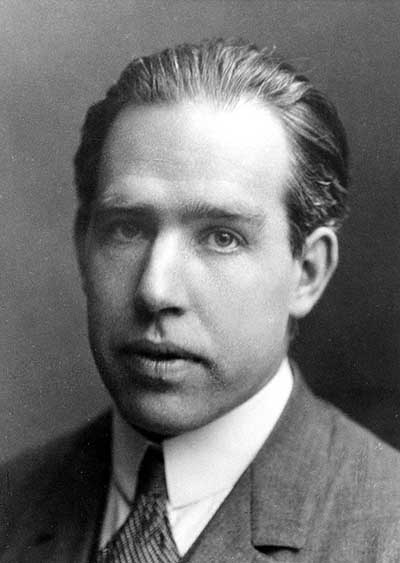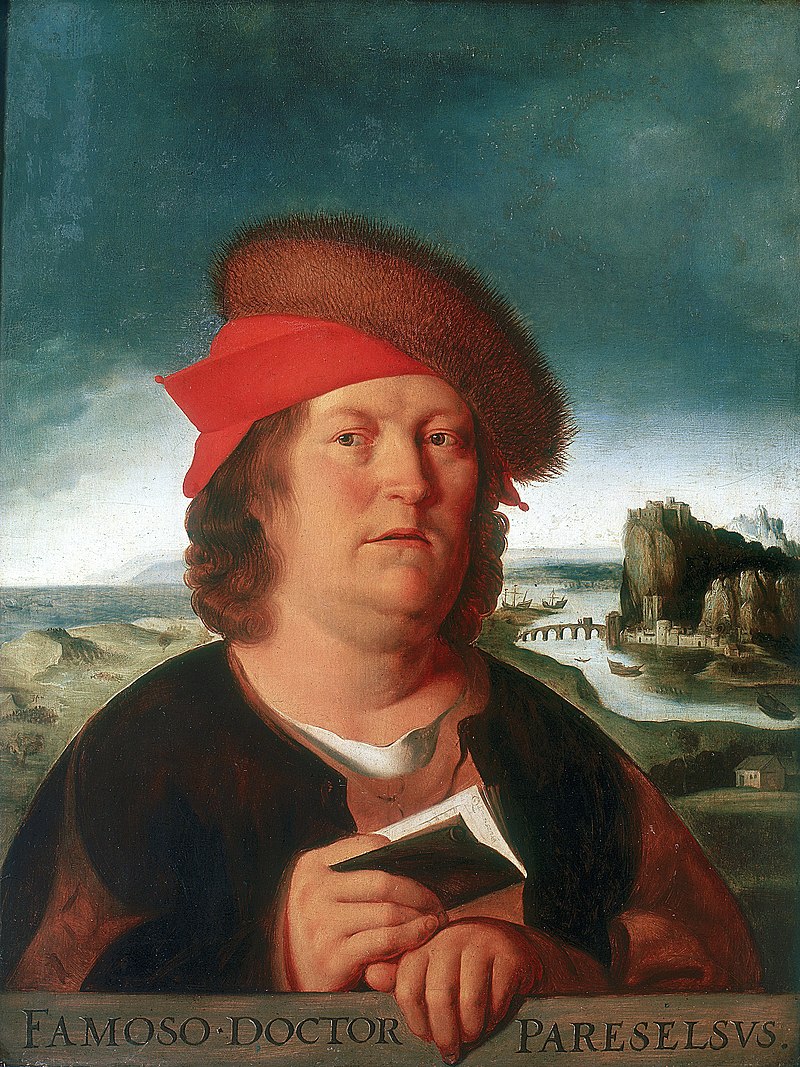Karol Darwin ur.1809- died 1882

The scientific and technological revolution changed the relationship between man and nature, influencing all areas of knowledge and human worldview. In the second half of the 19th century. this new deal was expressed by Charles Darwin. W 1859 R. he published the work On the origins of species, and twelve years later The Origin of Man. His views on nature and the evolution of life contradicted the dogmatic belief in the immutability of species and a unique place, occupied by man in nature.
Darwin's theory of evolution was initially controversial. Its importance was not fully understood until the 20th century., when it was confirmed and supplemented by successive achievements in natural sciences. Genetics and microbiology could be born as fields of science thanks to advances in medicine and physics, but they arose under the influence of the theory of evolution. They are a twentieth-century continuation of Charles Darwin's research. "You could argue, that Darwin is the best known scientist in history – the authors of the recently published biography of Darwin write, Adrian Desmond i James Moore. – The nice one, old-fashioned naturalist, descended from a gentry family in Shropshire, it has changed our views on us to a greater extent, people, and the whole planet than Freud and Marx ".
Charles Robert Darwin was born 12 February 1809 R. He was the fifth child, the younger of Robert Waring Darwin's two sons, doctor, and Susannah of Wedgwood. His grandfather in the male line was Erasmus Darwin (1731-1802), famous doctor, poet, philosopher and inventor. Mother's father was Josiah Wedgwood, a famous producer of porcelain and ceramics. When Darwin was eight, his mother died of a gastrointestinal disease. It was probably cancer. Darwin related later, that after the death of his mother, the sisters would not let him talk about her and therefore he did not mention his mother afterwards. Karol, sent to a prestigious private school in Shrewsbury, led by Samuel Butler, he was not interested in the school curriculum, in which a great emphasis was placed on classical subjects. Learning languages was difficult for him. Apart from school, he devoted a lot of time to natural sciences, he collected plants and animals. "My passion for collectors – wrote Darwin in The Autobiography – which can turn a human being into a naturalist-systematics, knowledgeable or miserable, she was very strongly developed, it was clearly an innate thing, because neither of my sisters and my brother have ever displayed a similar passion ",
Darwin remembers his father, a famous medic in Shrewsbury, with adoration, although others considered him overbearing, albeit a benevolent tyrant. Just like the father, Charles initially intended to study medicine and in 1825 R. entered the University of Edinburgh. The following year he became a member of the Plinian Natural History Society; consisted of the influx of Robert Grant, famous doctor and zoologist. He did not like medical studies, he especially hated anatomy – which he regretted much later, because he never learned autopsy. It also turned out, that he is very sensitive to human suffering – he was unable to watch the operations, which were performed without anesthetics at the time.
When my father found out about Karol's doubts about his future profession, suggested, to become a clergyman. Darwin dutifully left Edinburgh in 1827 R. and enrolled at Christ College, Cambridge. As he later said, he was wasting time there, but he also studied botany and John Steven Henslow and collected beetles. W 1831 R. obtained a diploma. Soon after, in August 1831 R., Henslow recommended the young gentleman as naturalist to Robert FitzRoy, who was about to go on a journey, to explore the shores of the Earth “fiery, Chile and Peru and visit the Galapagos Islands.
Robert Darwin gave as many as eight reasons, for which the son should not take part in the expedition aboard the "Beagle"; they can now serve as evidence of this, that boys should not always obey their fathers. The Beagle has left port 27 of December 1831 R., to return to England only after five years.
Darwin's expedition aboard the Beagle occupies a special place in popular science. The stories about its course sometimes resemble the plot of an adventure novel, and Darwin presents himself as "an energetic man, thirsty for adventure, brave, exploratory, finding a way out of difficult situations and constantly pushed by some impulse to cross the boundaries of his familiar environment ". In fact, the Beagle had dropped its anchor in the rebellious Montevideo, and Darwin rode the pampas on horseback. He wrote to his sister from there: “I'm almost gaucho now, i drink mate and smoke cigars. I lie down and sleep under the heavenly canopy as comfortably as in down ". Darwin suffered from seasickness during the voyage and felt a great homesickness.
Darwin seized this unusual opportunity and collected materials, which later turned out to be important in the main discussions, at that time in natural sciences. Initially – influenced by Charles Lyell – Darwin's main interest was geology. As he traveled, he persistently read Lyell's recently published Principles of Geology. He also collected a collection of flora and fauna specimens. He always had a handy notebook with him, where he wrote down his observations, which he developed over time. These notes made up an interesting diary. He noted with interest the slight changes in bird and turtle populations in the neighboring Galapagos Islands. He was also aware of the development of his own research skills. He stated later: “I've always been careful, that I owe the dexterity of my mind and education above all to this trip. It prompted me to thoroughly engage in various branches of the natural sciences, which improved my observation skills, anyway, quite well developed before ". The Beagle returned to England 2 October 1836 R.
W 1837 R., having your journey fresh in mind, Darwin proceeded to describe the theoretical results of the expedition. W 1838 R., reading Malthus, he came up with the idea of a theory of natural selection – that is, maintaining certain features adapted to the living conditions. He did not publish his theory at the time; he was still collecting materials. He befriended the geologist Charles Lyell and announced three scientific papers on coral reefs, volcanic islands and other geological formations. These works ensured the recognition of professionals.
From 1842 R. Darwin lived in Down House, a suburb of London. Patch 1846-1854 devoted to the systematic study of the construction of the kaczenice, vexing crustaceans, which, having clung to the bottom of many ships, spread all over the world. W 1856 R. he edited his theory for the third time, but despite Lyell's insistence, he refused to publish it. Darwin certainly wanted the publication of his own scientific ideas first, but he thought, that the theoretical presentation is only good then, when she is backed by an enormous body of evidence.
W 1858 R. Alfred Wallace, amateur naturalist, also traveling in South America, sent Darwin a clear lecture on his theory of species origin, thereby forcing Darwin to reveal his concept. In the same year, both papers were read at a meeting of the Linnaean Society, Darwin and Wallace, and priority was given to Darwin. A year later, the work On the Origin of Species by Natural Selection was published, that is, experiencing the forms best suited to the struggle for existence.
The origin of species immediately made a great impression on scientists, average readers and theologians, and also caused a great deal of controversy. They manifested themselves especially at the British Association meeting, during which the bishop of Oxford ridiculed Darwin's theory, choć jej nie znał. Wbrew opinii wielu autorów, the bishop did not feel humiliated and printed his speech; only history made him a laughing stock. Thomas Huxley silenced him – sometimes called Darwin's Bulldog – who stated, that as far as he is concerned, then “he would rather be descended from a monkey than from a man of proven intelligence, but using his mind to distort the truth ". This event is characteristic of the reception of the theory of natural selection, the disputes never ended, and now in the United States they are being induced again by the supporters of "creationism" (creation science).
As with the Copernican Revolution and Freud's hypothesis of the subconscious, Darwin's theory was so convincing, that she gained great recognition, before it was even backed up by evidence. Indeed, Darwin's delay in publishing The Origin of Species is understandable, when taken into account, that the laws of inheritance were unknown at that time, not to mention its mechanism. If there is a confusion of features, as biologists initially thought, why individual adaptation does not blur and disappear over several generations? This problem tormented Darwin so much, that at the end of his life he adopted a solution similar to Lamarckism, known as pangenesis *. Pangenesis is based on the assumption, that all cells in the body transmit instructions to reproductive cells. Such a mechanism could enable the inheritance of acquired characteristics, as suggested by Lamarck. This speculative idea was soon rejected. The physical explanation of inheritance and natural selection was only possible after the discovery of chromosomes, after the rediscovery of Mendel's laws and the discoveries of geneticists. Half a century passed from The Origin of Species to the chromosomal theory of inheritance, given by Thomas Morgan.
Following the Origin of Species, Darwin published ten books on the theory of natural selection. These were, inter alia, The Origin of Man (1871 R.), About the expression of feelings in humans and animals (next year) i The power of movement in Plants (1880 R.).
Darwin's personal life was of interest to numerous researchers. His idiosyncrasies were especially curious. W 1839 R. married a close cousin, Emma Wedgwood. He was the father of ten children, seven of which lived to adulthood. Later in his life, Darwin suffered from some unknown condition, perhaps of a psychosomatic nature. Writing On the Origin of Species, he was an atheist, later he became an agnostic. He died 19 April 1882 R., he was buried at Westminster Cathedral, near Isaac Newton.
As McKenzie wrote a generation ago in The Major Achievements of Science, classic item from the history of science, Charles Darwin “due to the enormous influence on human thought, it should be counted among the greatest men of science – next to Aristotle, Galileo, Newton, Lavoisiera and Einstein ”. There is no reason to change this rating. Like Freudism, Darwinism is a more difficult and painful test of individual and social prejudice than physics. Darwinism has had all sorts of social repercussions, therefore it has always been accompanied by controversy. Nevertheless,, as stated by George Gaylord Simpson, Charles Darwin was a "genius, which, though as all fallible, revolutionized scientific research and knowledge about our origins and about our physical relationship with nature and the universe ".








